
“Some Tasks Shouldn’t Be Rushed”: Employee Embarrasses Boss By Doing Exactly What She Asked For
Not only is the sheer number of people experiencing burnout higher than ever, but it is hitting workers at younger ages—and its effects are more debilitating.
The 2023 Stress in America survey shows that 67% of adults ages 18 to 34 feel like stress makes it difficult for them to focus, 58% describe their daily stress as “completely overwhelming,” and nearly half report that most days their stress is so bad they’re unable to function.
A recent story on the subreddit ‘Malicious Compliance‘ shows how these grim numbers look on a personal level. Shared by a worker who goes on the platform by the nickname 0x1337D00D, it describes what happens to the whole company when a manager is hell-bent on getting the most out of their employees, no matter the cost.
This person’s supervisor believed that speed and only speed was the key to their team’s success
Image credits: StockRocketStudio (not the actual photo)
So she sacrificed any and all quality—and it completely backfired
Image credits: DC_Studio (not the actual photo)
Image credits: YuriArcursPeopleimages (not the actual photo)
Image credits: 0x1337D00D
Too many employees are being pushed to—and even past—their breaking points
We want to work in a place where rules are respected and there are no arbitrary decisions. It’s what helps employees feel valued, stay motivated, and perform at their best.
“A workplace feels fair when it operates with transparency, ensuring open communication about policies, expectations, and company changes so employees understand the reasoning behind decisions that affect them,” Heather O’Neill, a career expert from Resume Now—an online platform that provides useful tools and resources to job seekers—told Bored Panda.
“Equal opportunities for workers of all ages, races and genders also play a key role. Achieving this requires employers to create and enforce clear, consistent criteria for promotions, pay raises, and hiring decisions to ensure everyone is evaluated based on merit and helps prevent unconscious biases from creeping into the process.”
“Leaders fostering a respectful culture also drives inclusivity, actively discourages discrimination or favoritism, and encourages diverse perspectives,” the career expert added. “Together, these practices create an environment where employees feel recognized and respected.”
When it comes to speed in particular, David Sluss, an associate professor of organizational behavior at Georgia Tech’s Scheller College of Business, believes that organizations need to redefine what that actually means to them.
“The U.S. Navy SEALs are known for their saying ‘Slow is smooth, and smooth is fast.’ These rapid-response special forces teams are paradoxically methodical and patient in both planning and executing their time-critical missions,” Sluss wrote.
Sluss explained that these highly effective professionals “have learned over 60 years of operating in crisis situations that working at a slow and smooth pace reduces mistakes and re-dos and in the end speeds up the mission.”
Image credits: Jonathan Borba (not the actual photo)
In short, they’ve learned that leaders shouldn’t “confuse operational speed (moving quickly) with strategic speed (reducing the time it takes to deliver value). And this of course means that leaders need to clearly define what delivering value means from the start.”
To learn more about patience in the workplace, he surveyed 578 full-time U.S. employees from a wide range of industries during the Covid-19 lockdown, while everyone was on high alert. Their average age was thirty-nine, most were college graduates, and more than half were in managerial roles themselves.
Sluss asked about their immediate supervisor’s leadership behaviors and their level of patience, asking them to self-report their own levels of creativity, productivity, and collaboration. The responses revealed that patience had a powerful effect: when leaders demonstrated it (meaning their employees’ ratings put them in the highest quartile), employee creativity and collaboration increased by an average of 16%—and their productivity by 13%.
Sometimes, asking to slow down will get you more, and hopefully, the lady from our story will eventually understand this.
As the story went viral, it received many colorful reactions
Poll Question
Thanks! Check out the results:
Am I the only one here that thinks this sounds just a little trite and a lot entirely made up?
We've gone through brief periods at my job where they tell us we're supposed to be processing boxes at x speed so we have to work faster - x speed is ludicrous if you've ever actually done the job for 10 minutes - but we're also supposed to be extra careful double checking that everything has a price on it. You get fast(er) or careful, but not both. And given the amount of glass I handle in a day, I suspect we would all prefer careful.
You can have two of the following three: Fast, Good, and Cheap. If you want it fast and cheap, it won't be good. If you want it good and cheap, it won't be fast. And if you want it fast and good, it won't be cheap.
Load More Replies...Am I the only one here that thinks this sounds just a little trite and a lot entirely made up?
We've gone through brief periods at my job where they tell us we're supposed to be processing boxes at x speed so we have to work faster - x speed is ludicrous if you've ever actually done the job for 10 minutes - but we're also supposed to be extra careful double checking that everything has a price on it. You get fast(er) or careful, but not both. And given the amount of glass I handle in a day, I suspect we would all prefer careful.
You can have two of the following three: Fast, Good, and Cheap. If you want it fast and cheap, it won't be good. If you want it good and cheap, it won't be fast. And if you want it fast and good, it won't be cheap.
Load More Replies...
 Dark Mode
Dark Mode 

 No fees, cancel anytime
No fees, cancel anytime 



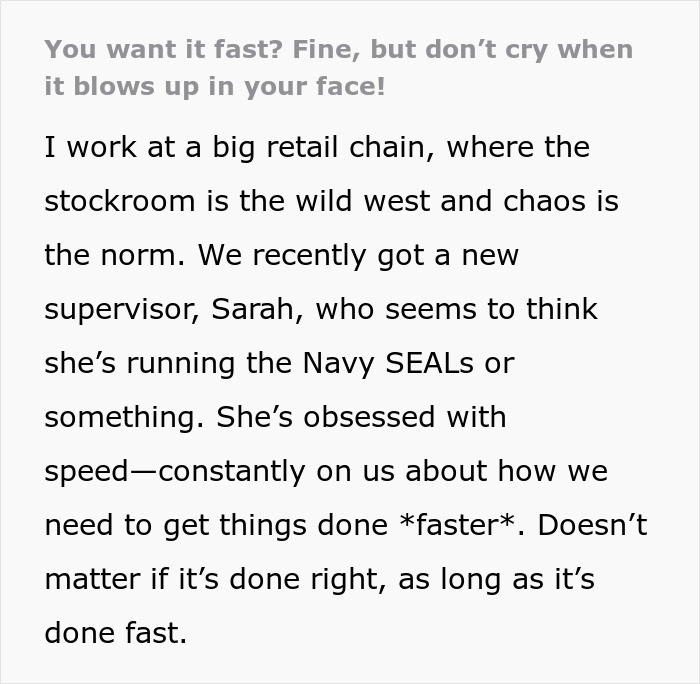
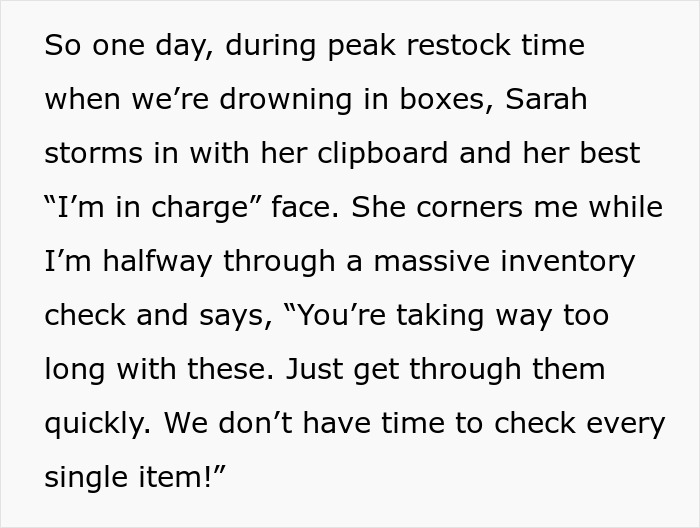
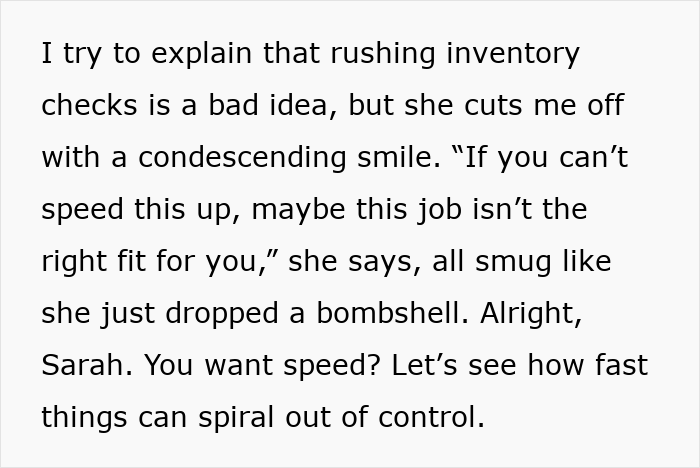
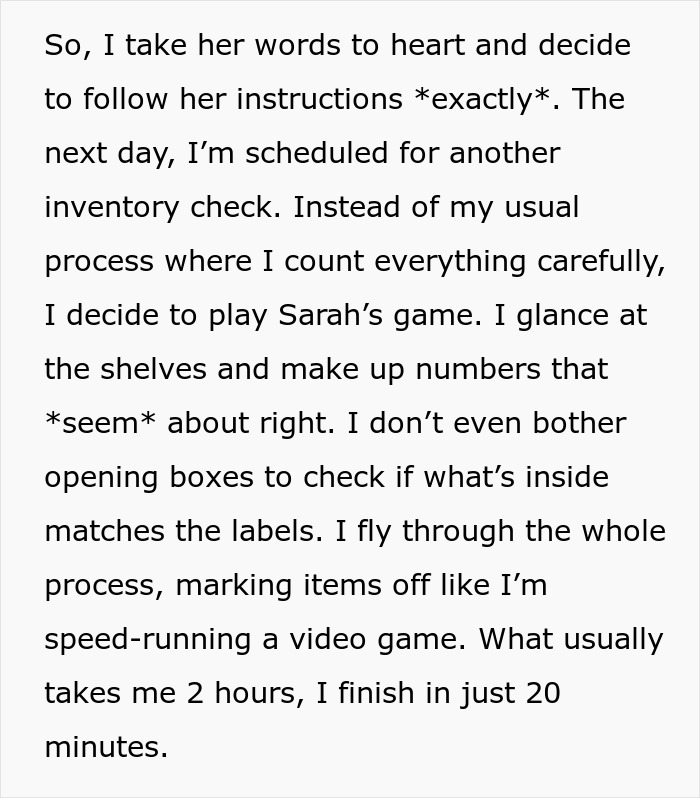
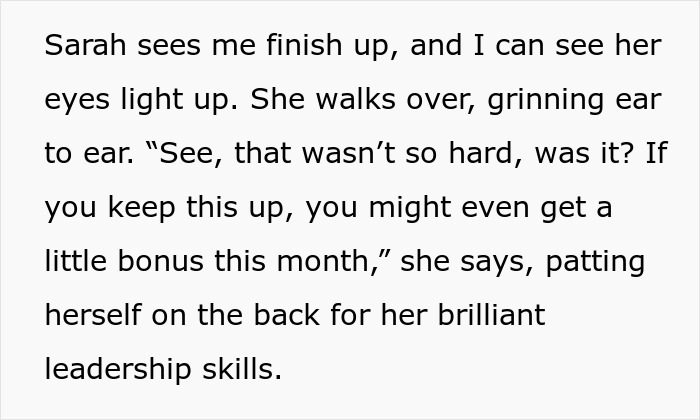
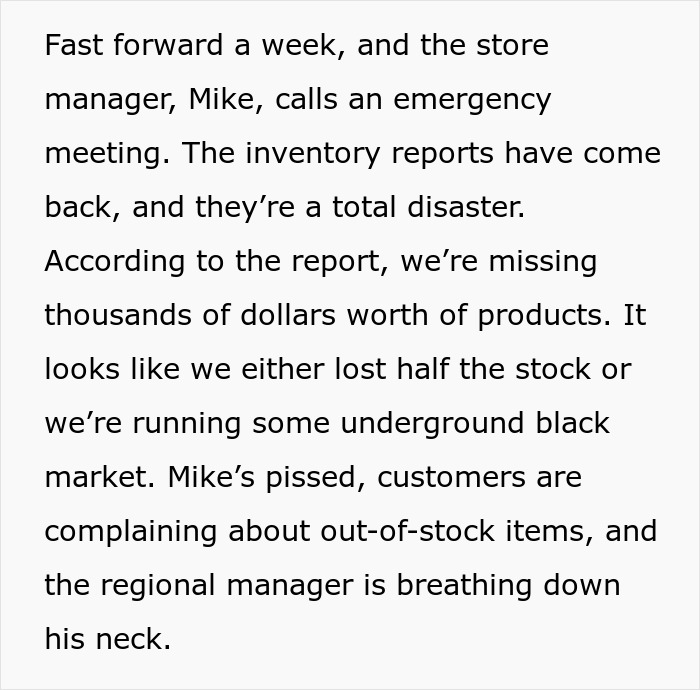

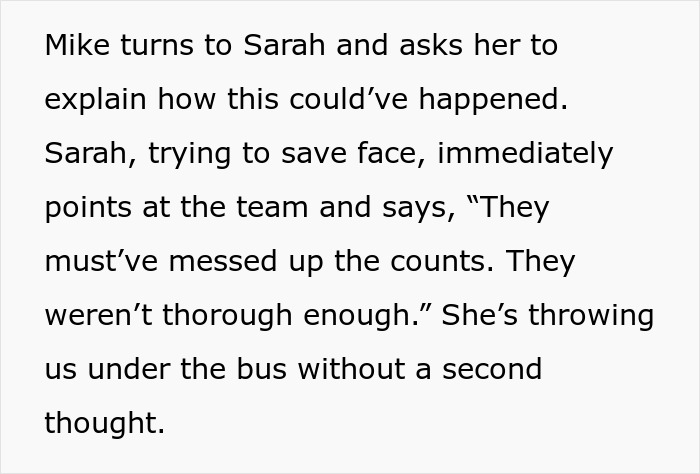
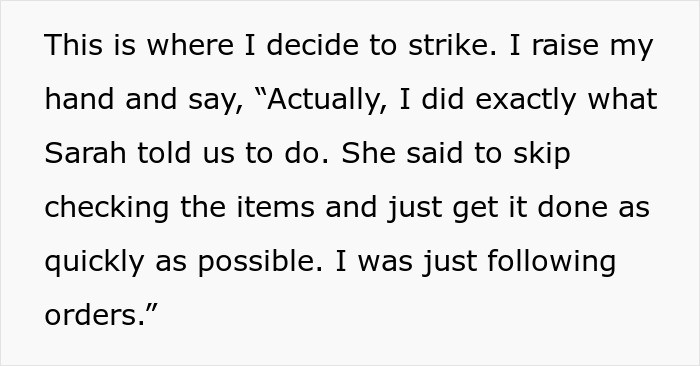
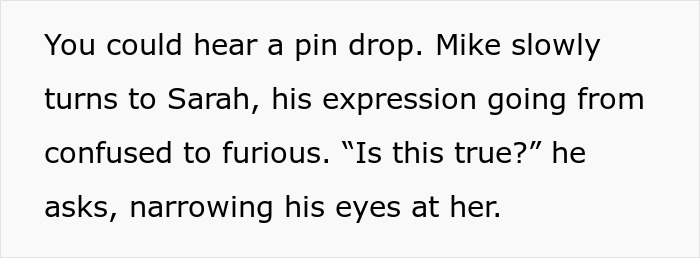
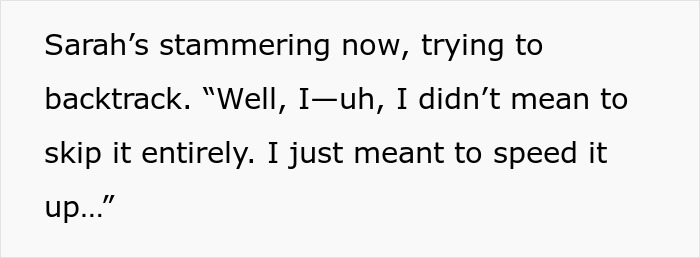
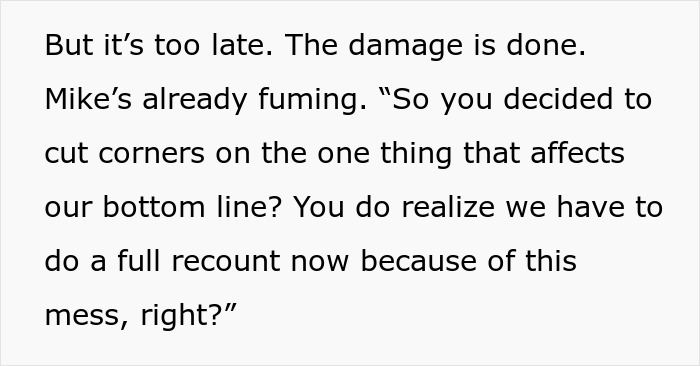
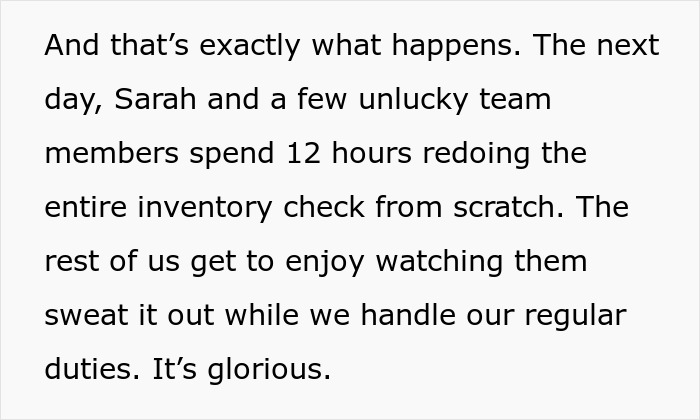

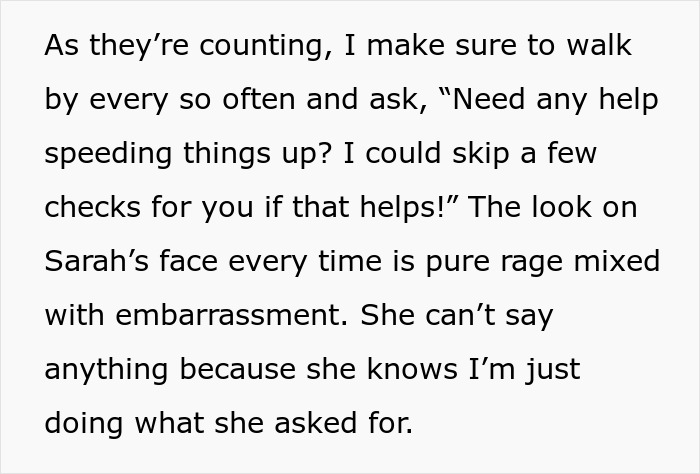
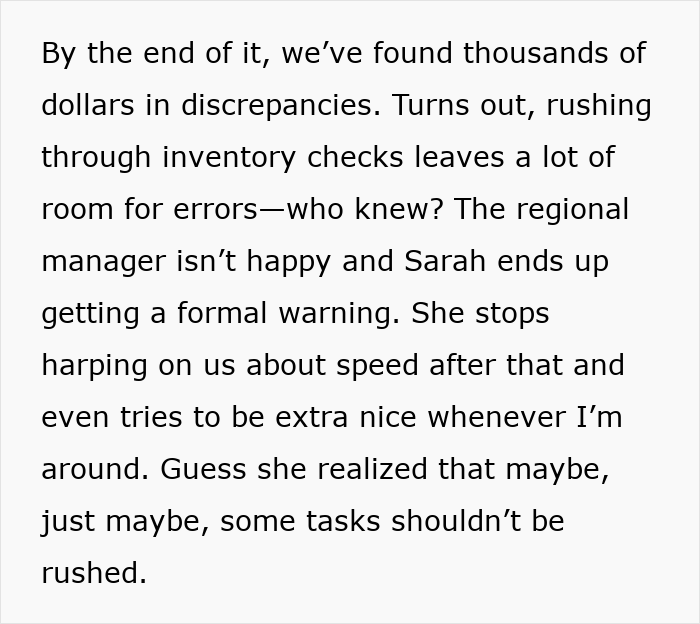
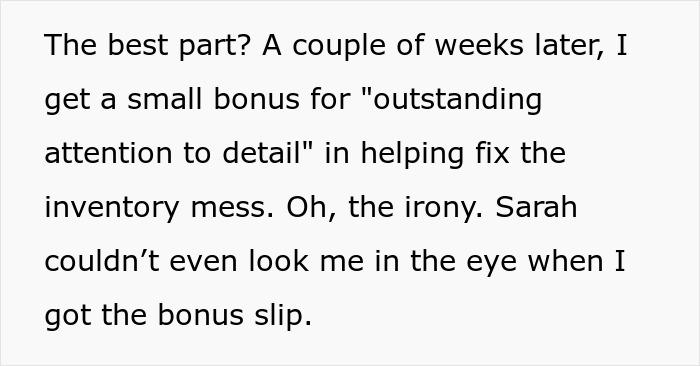
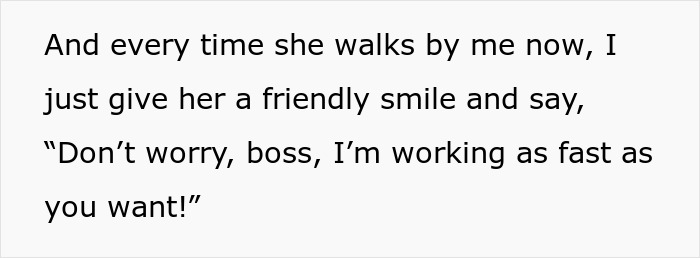


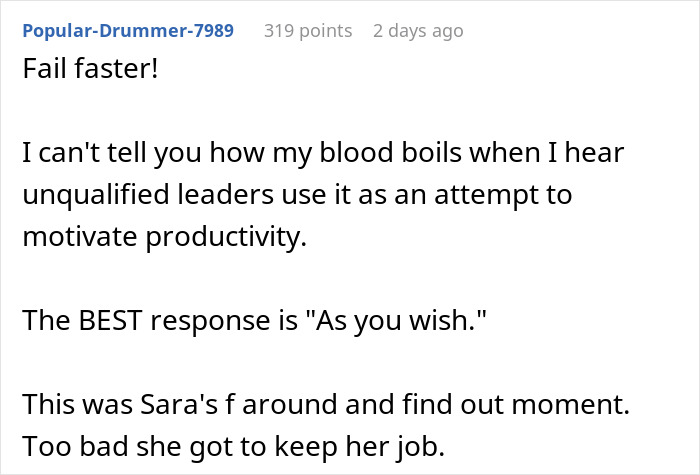
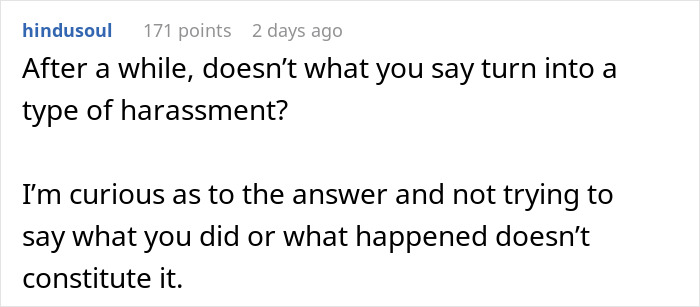
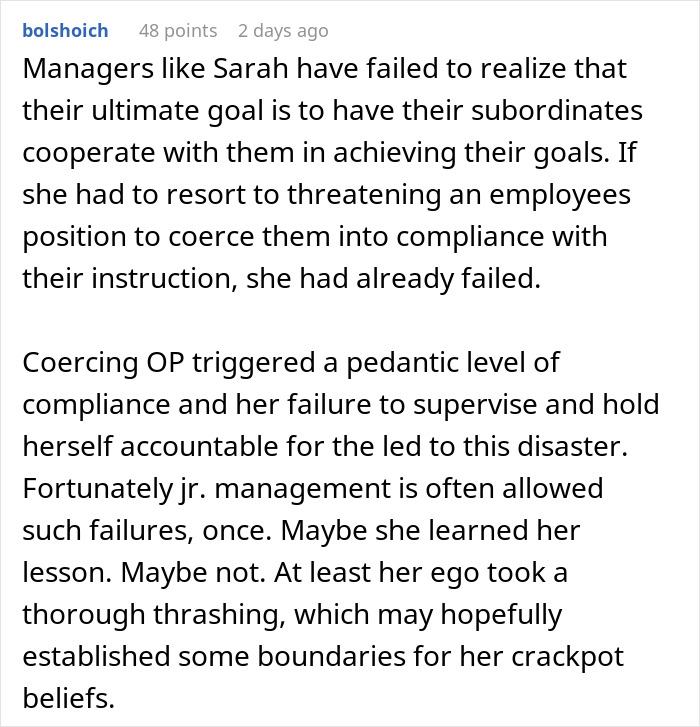





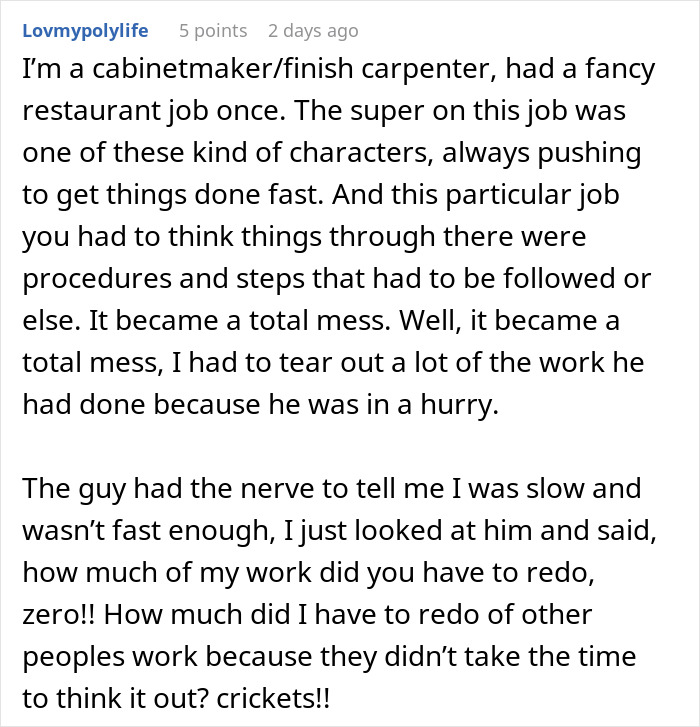

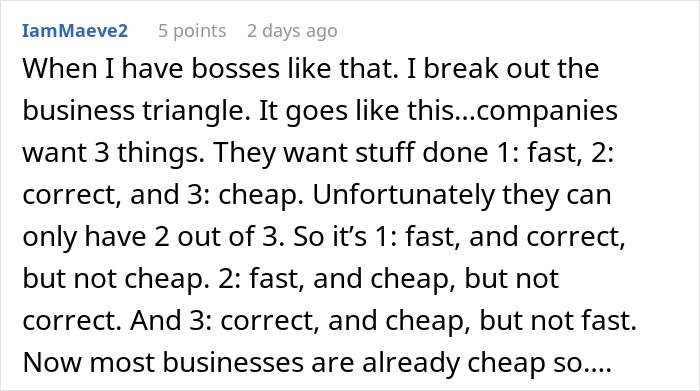

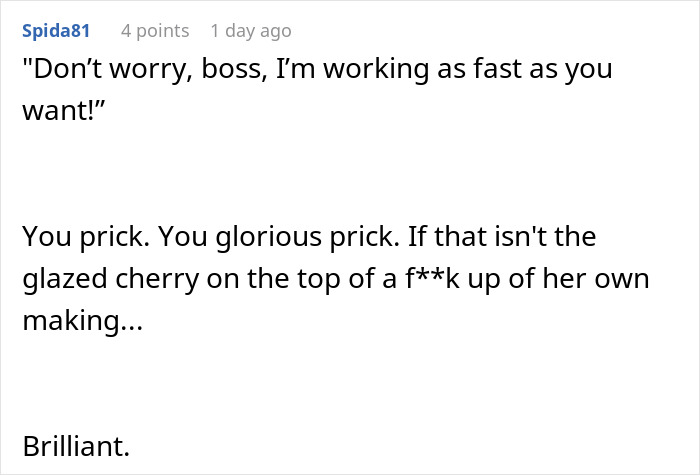














































41
26